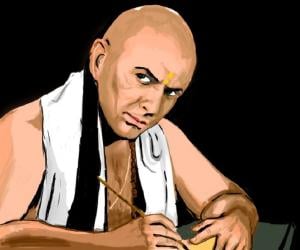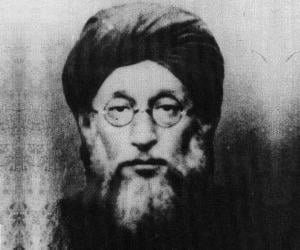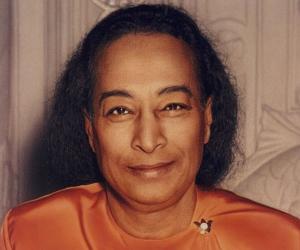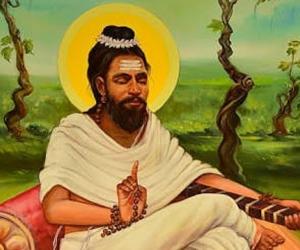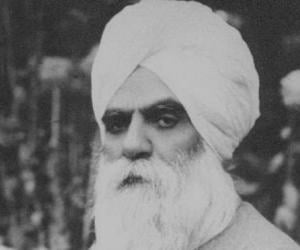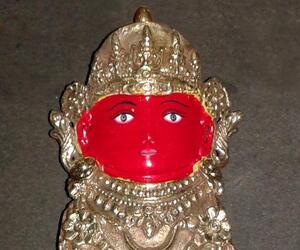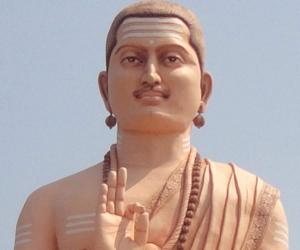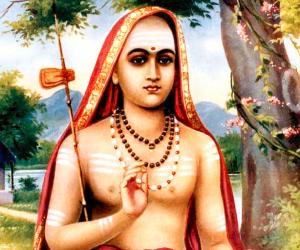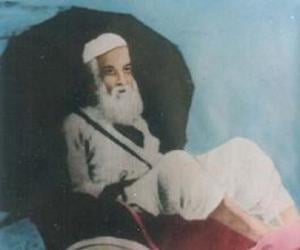1
Chanakya
(Philosopher, Theologian)
Birthdate: 0371 BC
Birthplace: India
Died: 0283 BC
Chanakya, an ancient Indian polymath, served as a teacher, author, strategist, philosopher, economist, jurist, and politician. He was the first Prime Minister of the Maurya Empire and is traditionally identified as Kauṭilya or Viṣṇugupta. He authored the Arthashastra, an important political treatise dated between the fourth century BCE and the third century CE. Considered a pioneer in political science and economics in India, Chanakya played a crucial role in assisting Emperor Chandragupta in establishing the Maurya Empire and served as chief advisor to both Chandragupta and his son Bindusara.
